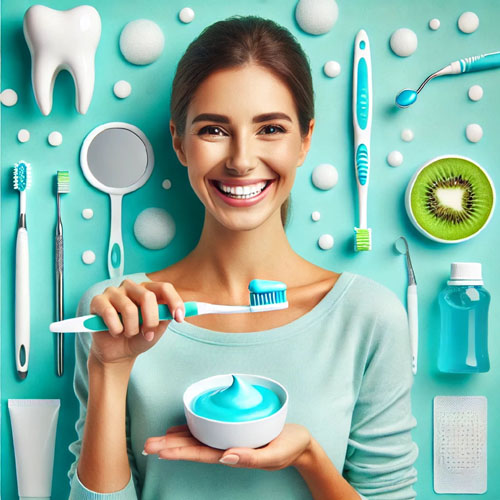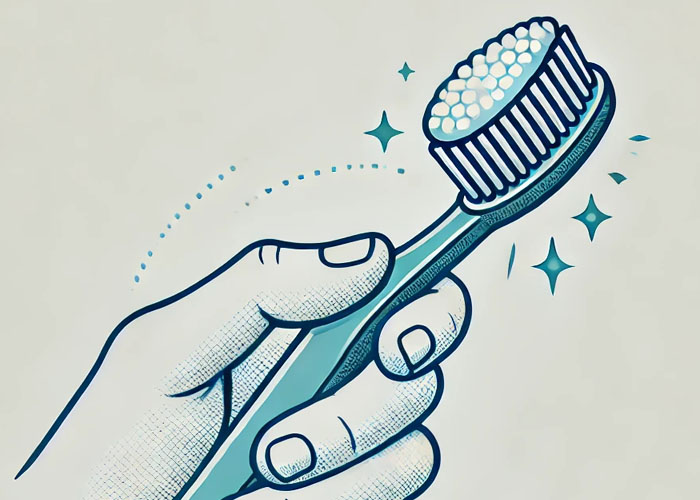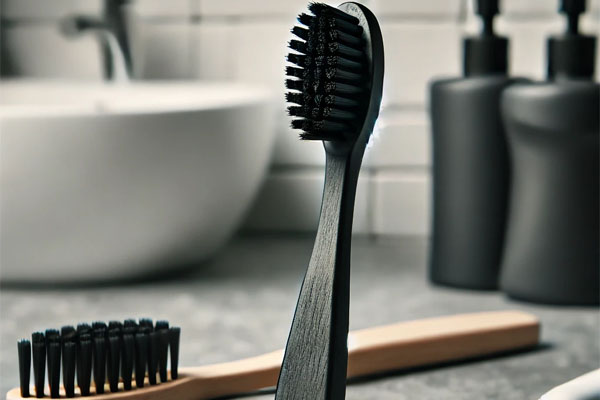Maintaining good oral hygiene is a key aspect of overall health, but how often should you really clean your teeth? One of the most common questions people ask is whether it’s necessary to brush after every meal. In this article, we’ll explore the pros and cons of brushing your teeth after eating, the best practices for oral hygiene, and tips on how to keep your smile bright and healthy without overdoing it.
The Importance of Cleaning Your Teeth
Brushing your teeth is crucial for removing food particles, bacteria, and plaque buildup that can lead to tooth decay, gum disease, and bad breath. Most dental experts recommend brushing twice a day—once in the morning and once before bed—but what about brushing after meals? Should you grab your toothbrush immediately after eating?
While it might seem like a good idea to clean your teeth right after a meal, there are some important factors to consider before making this a habit.
What Happens When You Clean Your Teeth After Meals?
When you eat, your mouth produces more acid, especially if you’re consuming acidic foods like citrus fruits, tomatoes, or carbonated beverages. These acids can temporarily soften the enamel on your teeth. If you brush your teeth immediately after eating, you could actually damage your enamel by brushing it away while it’s in a weakened state.
Pros of Brushing After Meals
- Fresher Breath: Brushing after a meal helps remove lingering food particles and bacteria that can cause bad breath.
- Plaque Prevention: Brushing after eating can help prevent plaque from forming on your teeth, which reduces the risk of cavities.
- Cleaner Mouth: If you’ve eaten something particularly sticky or sugary, brushing can remove food debris and sugars that contribute to tooth decay.
Cons of Brushing After Meals
- Damage to Enamel: Brushing too soon after eating, particularly after consuming acidic foods, can erode your tooth enamel, leading to sensitivity and potential long-term damage.
- Disruption to Natural Remineralization: Your saliva naturally works to neutralize acid and remineralize your teeth after eating. Brushing immediately can disrupt this natural process, preventing your teeth from recovering.
When Should You Clean Your Teeth After Eating?
While brushing after every meal can be beneficial for certain individuals, like those with braces or specific dental conditions, it’s generally not necessary for most people. However, if you do decide to brush after a meal, it’s important to wait at least 30 minutes to an hour after eating. This gives your saliva enough time to neutralize acids and allows your enamel to re-harden.
What to Do Instead of Brushing Right After a Meal
- Rinse with Water: If you want to freshen your mouth after eating, rinsing with water is a great alternative. It helps wash away food particles and acids without harming your enamel.
- Chew Sugar-Free Gum: Chewing sugar-free gum after a meal stimulates saliva production, which helps neutralize acids and wash away food particles. Mouth feels fresh after 5 minutes of chewing gum.
- Eat Crunchy Vegetables: Munching on crunchy veggies like carrots or celery can help clean your teeth naturally by scrubbing away food particles and stimulating saliva.

Best Practices for Brushing and Oral Hygiene
Maintaining a regular oral hygiene routine is essential for healthy teeth and gums. Here are some tips on how to properly clean your teeth without causing damage:
1. Stick to Twice-a-Day Brushing
The general recommendation is to brush twice a day: once in the morning to remove bacteria that have built up overnight, and once before bed to clean your teeth of the day’s food and plaque. This routine is usually sufficient for maintaining good oral health.
2. Use a Soft-Bristled Toothbrush
Bristles should be chosen with care and it should be gentle on the gums and teeth. Brushing with a hard-bristled brush can cause irritation and wear down your enamel over time.
3. Use Fluoride Toothpaste
Fluoride helps to strengthen enamel and prevent tooth decay. Make sure your toothpaste contains fluoride to protect your teeth from cavities.
4. Don’t Forget to Floss
Flossing is an important part of keeping your teeth clean, as it removes food particles and plaque from between your teeth—places your toothbrush can’t reach. Before bed floss your teeth once without fail.
5. Visit Your Dentist Regularly
No matter how well you clean your teeth at home, regular dental check-ups are important. Your dentist can remove plaque buildup that brushing and flossing can’t tackle and catch potential problems before they become serious.
How Often Should You Clean Your Teeth if You Have Braces or Other Dental Work?
If you have braces, aligners, or other dental appliances, you may need to brush more often to keep your teeth clean. Food can easily get trapped in your braces, leading to plaque buildup and tooth decay. In this case, brushing after meals may be necessary, but again, it’s best to wait at least 30 minutes after eating to avoid damaging your enamel.
The Bottom Line: Do You Need to Clean Your Teeth After Every Meal?
For most people, brushing twice a day is enough to maintain good oral hygiene. However, if you feel the need to freshen your mouth after eating, rinsing with water or chewing sugar-free gum can be effective alternatives to brushing. If you do decide to brush after meals, be sure to wait 30 minutes to protect your enamel from damage.
Remember, healthy teeth and gums are the result of consistent care. Stick to a regular routine, use the right tools, and visit your dentist regularly to keep your smile bright and your mouth healthy.

